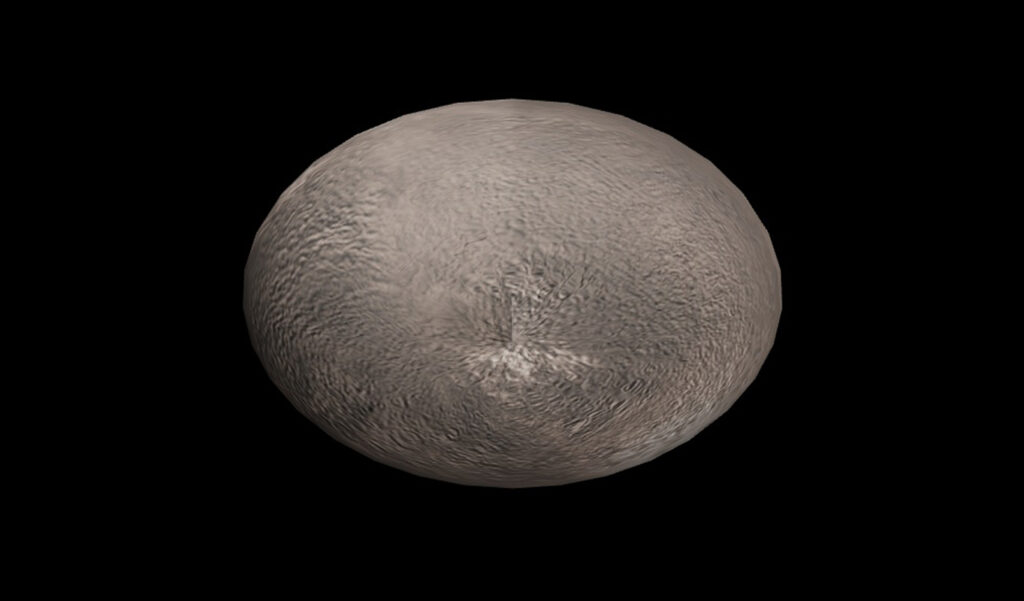In 2006, the International Astronomical Union established a modern definition of a planet. Recently, however, a scientist named Jean-Luc Margaux has proposed changing it again to make it clearer.

Definition of a planet
Recently, the Planetary Science Journal published an article on the classification of celestial bodies. In it, a team of authors led by Jean-Luc Margaux, a professor at the University of California, Los Angeles, proposed a new definition of a planet.
In fact, a huge number of different objects revolve around the Sun and other stars, some of which are completely different from others. That is why scientists are trying to divide them into classes, one of which is planets. The last time their definition was changed was in 2006. At that time, the concept of “dwarf planets” was introduced (and Pluto was included there).
According to this definition, a planet is a celestial body that orbits the Sun directly, has a strong enough gravity to become spherical under its influence, and is able to clear its orbit. The authors of the new study have complaints about each of these points.
What’s wrong with the current classification
The first thing that Margot and her colleagues don’t like is that the definition is tied to the Sun. In the early 2000s, exoplanets were still a novelty and therefore their existence was not taken into account. But they can orbit not only stars, but also brown dwarfs and supernova remnants.
There are even more questions about the term “clear orbit”. The definition of a planet simply lacks any numerical parameters to say exactly what size objects and at what distance should not be near a celestial body to be called a planet.
Finally, the “sphericality of the shape” is not all right either. Apart from the fact that even the Earth is slightly different from the ideal, this definition sounds vague. In addition, for distant objects, we often simply cannot determine their shape, and this is what hinders the recognition of many of them as dwarf planets.
The new definition
The new definition proposed by the authors of the article is in some ways simpler and in some ways more complicated than the previous one. In addition, it is much more specific. According to this definition, a planet is any celestial body orbiting a star, supernova remnant, or brown dwarf, with a mass greater than 1023 kg but less than 13 masses of Jupiter.
This is the definition of the planet Margo will propose to the International Astronomical Union in August. If it is accepted, it will not return Pluto to the number of large planets. It has too little mass for that. However, there should be more certainty in the work of astronomers.
Based on materials: phys.org

